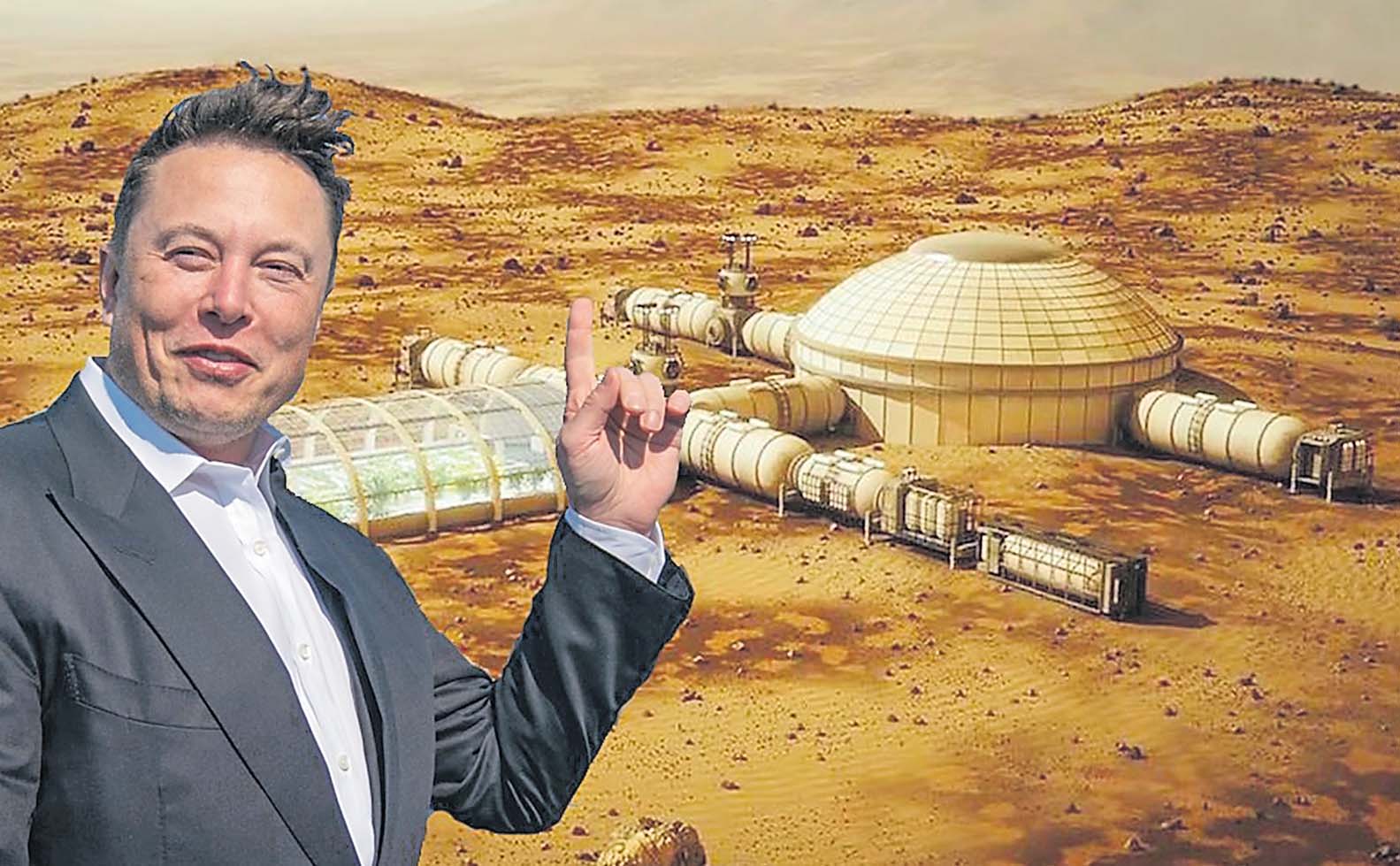I’m sure that most people at some point in their lives have heard the words, “we shouldn’t waste money on space exploration when there are problems to deal with here on Earth”.
But space travel goes far beyond merely fulfilling our natural human curiosity, it has many positive impacts on society.
And, it’s not just about colonising other planets either; the research and technological development that goes into space exploration helps us understand how the world and the universe work, ensuring advancement across all spectrums of society.
For example, the development of medical technologies such as remote health monitoring systems and advanced imaging techniques has its origins in space research.
These innovations are now crucial in healthcare, improving patient outcomes and expanding access to care.
Studying other planets’ climates helps us better understand Earth’s climate system, offering valuable insights into combating climate change.
NASA’s missions led to the development of many of the technologies we take for granted in daily life.
For example, during the Apollo program, Black & Decker was charged with developing a motor for a portable drill to be used to extract core samples on the Moon.
Today, portable drills have become essential tools, not only for professional construction crews, but also for weekend DIY enthusiasts tackling home repairs.
Other everyday devices such as cordless vacuum cleaners, infrared ear thermometers, water purification systems, prosthetic limbs, and many more have been developed as a result of space programs.
Many of these were developed to make the lives of astronauts easier in space and were eventually produced for the consumer market.
By the way, you can also thank the Jet Propulsion Laboratory of NASA for your phone’s ability to capture selfies.
NASA researchers created a complementary metal oxide semiconductor image sensor for cell phones that is lighter, smaller, and capable of taking sharper pictures.
We wouldn’t have solar cells, GPS, precise weather forecasting, instantaneous worldwide communication, or UV filters in sunglasses and cameras without space projects.
Medical research that cannot be conducted on Earth is currently taking place in space, with the potential to treat illnesses and extend human life.
One day, space travel may save your life or that of a loved one.
Speaking of saving lives, space exploration could save all our lives.
There are still countless large asteroids and comets in space with the potential to collide with Earth, causing devastation far greater than any war or pandemic that humanity has ever experienced. Just ask the dinosaurs.
It’s not a question of whether another sizable asteroid will strike, but when. The only real defense we have against such a catastrophe is a strong space program.
In recent years, we’ve sent missions to explore comets and asteroids, with spacecraft like Hayabusa2 and OSIRIS-REx successfully returning samples to Earth.
NASA has also demonstrated asteroid deflection capabilities with the DART mission, moving us closer to being able to prevent a dangerous asteroid from coming too close.
Elon Musk’s Mars missions inspire hope that one day we might colonise the red planet—and perhaps others beyond it—providing humanity with a backup plan in case of catastrophic events on Earth.
If we don’t continue to pursue these efforts, the clock is already ticking on humanity’s future.
Space exploration has many direct impacts on Fiji at this very moment.
Look at Elon Musk’s Starlink, for example.
The satellite constellation provides high-speed internet access even in the most remote regions, including isolated areas of Fiji.
By bridging the digital divide, Starlink empowers grassroots communities with reliable connectivity, enabling access to education, healthcare, and economic opportunities that were previously out of reach.
For many rural Fijians, this means having access to all the information on the web and the ability to learn and even compete globally in spaces such as tech and business.
This has also provided employment in Fiji and increased the number of businesses that have now popped up as Starlink resellers, acting as third-party vendors for Starlink and providing both the hardware and installation for Fijians who may not be as well versed in the technology.
Space tourism is an emerging industry that could transform the way we think about travel and exploration.
As companies like SpaceX and Blue Origin continue to develop space tourism, more people may have the opportunity to experience space firsthand, furthering our collective understanding of the cosmos.
Let’s not forget that space exploration has a unique ability to inspire young minds, driving interest in STEM (science, technology, engineering, and mathematics) fields.
The achievements in space serve as a powerful motivator for students to pursue careers in science and engineering, ensuring a skilled workforce for future challenges.
How many of us remember reading a book about the planets in our system or watching a documentary with a sense of awe that inspired us to see greater things?
But perhaps one of the fundamental reasons we must press on is that the spirit of exploration is deeply ingrained in us as human beings. It is the reason we have developed into such an advanced species.
Just as the first explorers ventured into the unknown, crossing oceans to discover new lands — including the early navigators who arrived in Fiji — we have always sought to understand more about the world around us.
Great explorers like Columbus and Cook charted new territories, paving the way for the civilisations we have today.
In the same vein, space exploration offers us the chance to discover new worlds, develop advanced technologies, and unite humanity in pursuit of a shared goal, transcending the boundaries of nationality, race, or political ideology.
If we lose the will to explore and collaborate, we lose a part of what makes us human.
Until next week, take care and be safe!
- ARNOLD CHANEL is an investor and business executive with years of tech expertise. He can be contacted on ceo@vanguardtech.pro. The views expressed in this article are his and not of this newspaper



